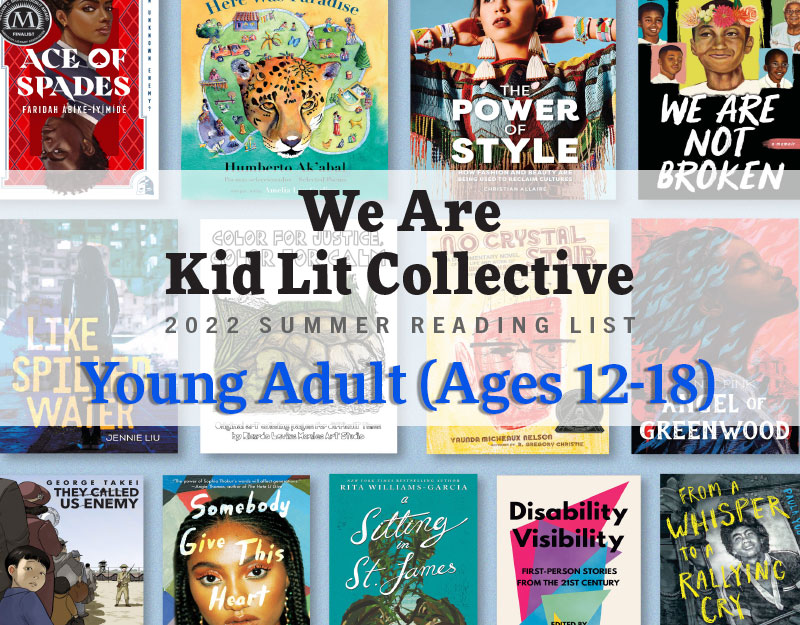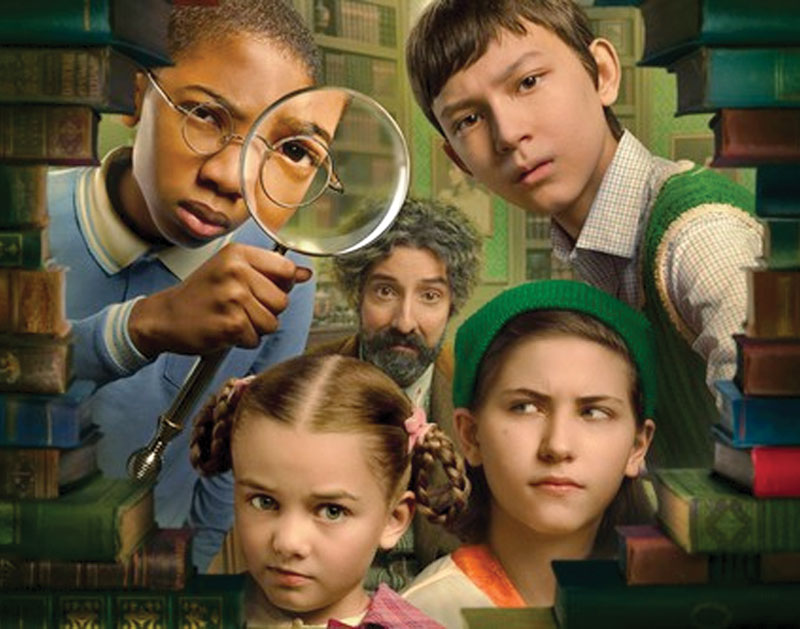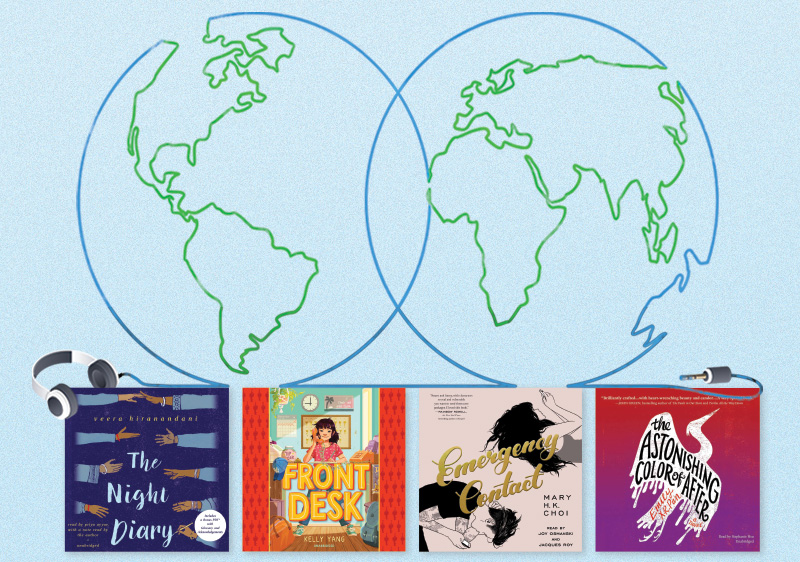Sunday Reflections: Everything I Learned About Advocating for My Dyslexic Child I Learned by Being a Teen Librarian
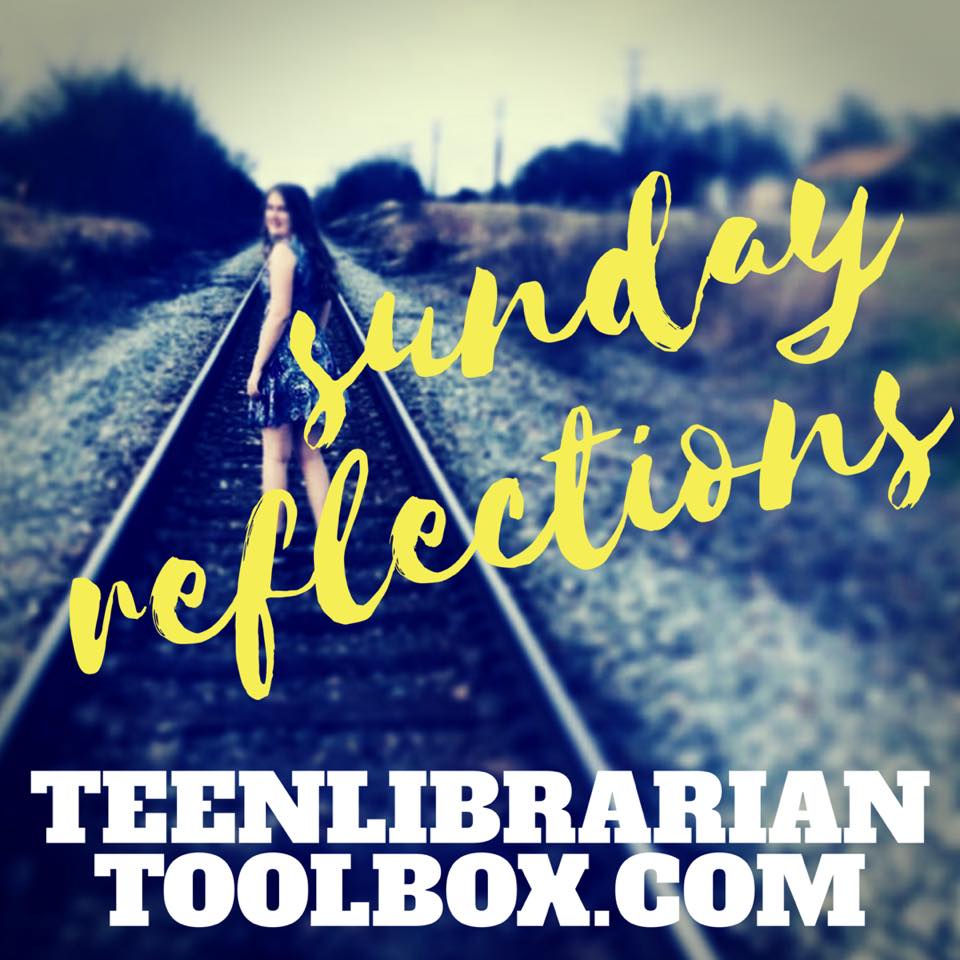
As a teen librarian and the mother of a child with dyslexia, I have had to learn to be a good advocate. I’ve been reflecting on advocacy a lot these past few days as I had to put on my advocacy armor and fight hard for my child’s education as she was recently put in an inequitable situation. And anyone who has a child with any kind of special needs is used to advocating, trust me.
Background: Thing 2 was diagnosed with dyslexia in the second grade. We had to fight long and hard to get the school to test her. When we finally did, we were able to create a 504 plan and in this school district dyslexic kids are pulled out of class for an intervention called MTA. She was supposed to be in the MTA plan from the time she was diagnosed until she completed 6th grade.
ADVERTISEMENT
ADVERTISEMENT
Unfortunately, due to over crowding in the schools, the district re-arranged the school system in this district and they created a 5th and 6th intermediate campus. In fact, they created two of them and this year Thing 2 started 5th grade at one of those campuses. We soon learned that while the other kids in her school would get to take an exploratory class of art, music, band and STEM, children in the MTA program would not. This means that for the next 2 years my child would not get to take art, music or STEM with her peers and she was being denied the same educational opportunities and advantages as her peers. And make no mistake, art and music education is an advantage that should be afforded to all children. It’s not optional, it’s imperative. There are a wide variety of well documented advantages to art and music education.
I had a lot of concerns regarding the lack of art and music education in my child’s curriculum. For one, as a child with special needs, she was now being put into a more rigorous intense and rigorous academic program with no time built into her schedule for creativity, calm and potential success. These kids were now suddenly going to be without a recess (another issue, for sure) and they were going to have to be fiercely and academically focused for 8 periods a day. In addition, she would be missing out on the advantages that come from having art and music to round out your curriculum, she was being singled out and left out from her peer groups. But also, my kid just really likes art and I wanted her to have an opportunity to learn more about it.
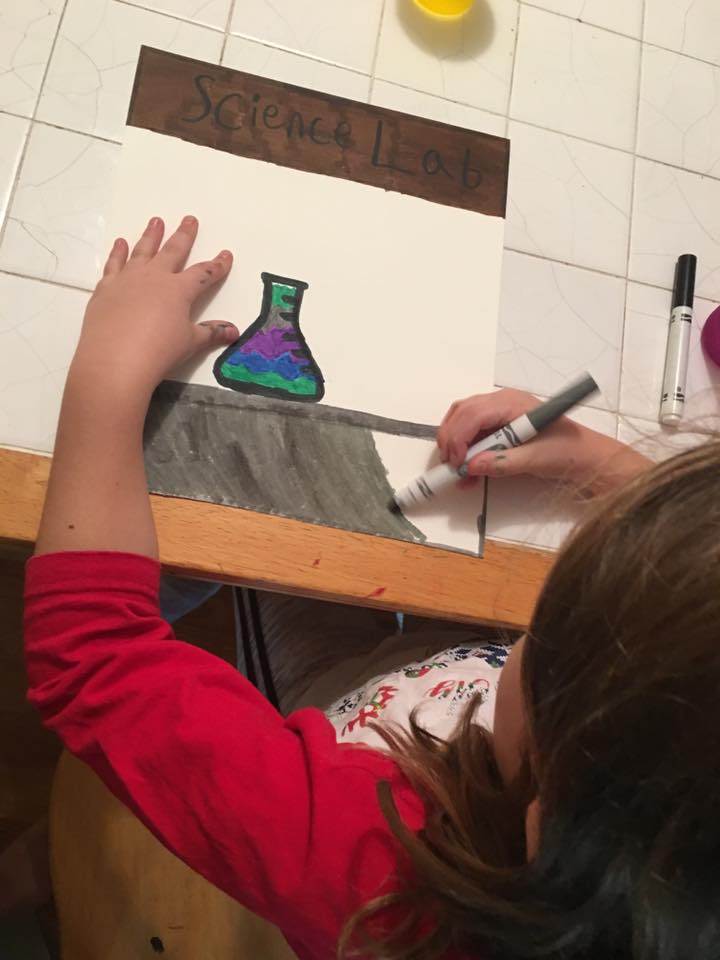
To make matters worse, I learned that the 2 intermediate campuses were not handling the MTA program the same and that the kids on the other intermediate campus were able to take these classes. So last week I once again put on my advocate hat and fought to get my child the education that she needs, deserves, and is guaranteed by law. I went through several steps that were going to talk about in a minute and in the end, the school agreed to change their approach so that my child got the MTA intervention that she needs AND an opportunity to do art, music and STEM education.
So here are 5 of my do rules when it comes to advocating for youth . . .
Do a Gut Check
I’m not going to lie, when I found out how the system was set up and how it was denying my child certain educational opportunities, I was instantly in a blindingly hot white rage. This is something that happens to me when I feel that an injustice is happening, which is why I personally always stop to do a gut check. My gut instinct says this is wrong, and in this case possibly illegal, but I wanted to be sure. So I did what I always do and called some of my peers and explained to them what I was upset about and asked them if I was right to be upset. I highly recommend having some trusted professionals in your pocket that you can reach out to in situations like these to help talk you through a situation and make sure you’re right to be concerned before engaging. This has saved me in many of my jobs. Sometimes my peers have said yes, and I’ve gone to admin and fought and sometimes they have helped me put a situation in perspective and while I vented to them, I didn’t approach the subject with my admin.
In this case, I called several teachers that I knew and explained my worries and they said yes, this was not the correct way to handle an intervention and that I was right to be upset and I should definitely pursue it. So having done that gut check and being affirmed that my concerns were valid, I pursued it. Doing a gut check always helps me to calm down and get focused, it also helps me to get to that place where I can approach a situation in a more professional manner and not get myself fired or thrown in jail.
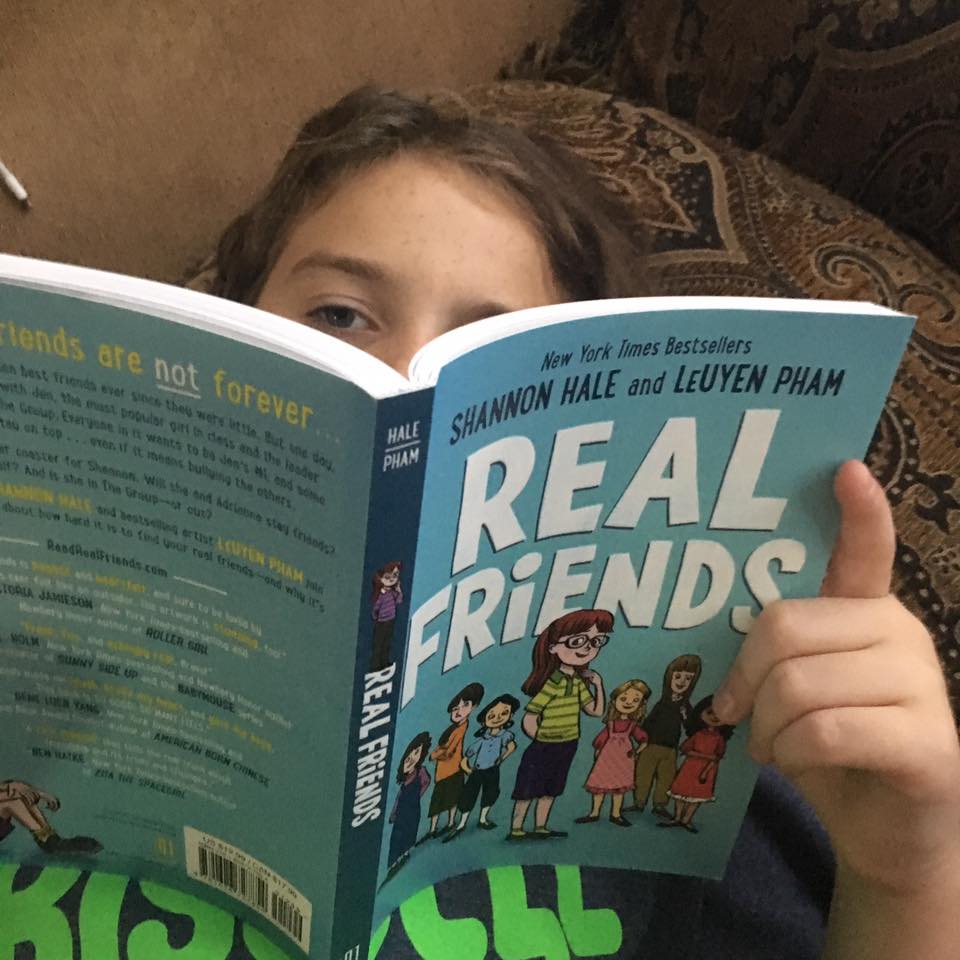
Do Your Research
I then went onto the next stage, which for me always involves research. I got together information about what was and wasn’t legal in a 504 plan. I got together research on the value and benefit of music and art education. I found out how to contest what I thought was a special education violation. I asked my teacher friends the right terminology to use. I researched and put together a solid case that I could present that was well reasoned, supporter and clearly articulated. When I am asked to talk about an issue I’m advocating for, I want to make sure that I know what I’m saying and the most effective ways to talk about it. Using the right terminology and citing precedent or law or statistics can help your case more than most people realize. Research is a key component of advocacy.
Do Your Best Impression of a Grown Up
I put all the information together and wrote up a letter making it clear that I was not going to back down and filed a formal complaint. I was clear, articulate, fierce yet professional. So although I cussed up a storm to my husband and it was clear that I was in a blindingly white hot rage, I wrote my letter in such a way that it was both respectful and had to be taken seriously. I was calm, respectful, but fierce. How you present your case can make or break it.
At one point as I talked in person to the vice principal I even said, “I’m getting really upset so I’m going to walk away right not but I need you to know that this is unacceptable and we are not done with this discussion.” I mostly walked away because when I get really, really upset I cry or dip into the swear jar and neither one of those were going to help my case so I walked away to give myself an opportunity to calm down and collect my thoughts. There are moments in life where protest and dissent are called for, the key is learning how to gauge what approach is needed for a situation. At work and when dealing with the school system, I have found that starting out from a place of professional respect and courtesy is a good tactic. But yes, there are moments in life when you have to escalate or take something to the next level.
Do Your Due Diligence
I have found through the years when advocating that it is very important that you maintain a paper trail. I like to put things in writing as opposed to having face to face or telephone conversations for this very reason. When I write a letter or send an email, I have documentation that proves I have approached someone with my concern and helps prevent denial on their part. And if someone does talk to me about the subject, I then write up a follow-up email saying something like, “thank you for calling me and discussing the matter I emailed about on <insert date here>. As you stated on the phone, you will do x, y and z by <whatever date>.” This way, I have documented what happened in the phone call or an office visit. I have found that some times people will call because they don’t want a record so that they have plausible deniability and it is very important that you do your due diligence and create a record. Trust me, sometimes you will need it. Having a paper trail is essential.
Do Your Part with Whatever Comes Next
ADVERTISEMENT
ADVERTISEMENT
Whatever comes next, be sure to do your part with follow through. If the situation is resolved in a satisfactory manner, say thank you. If you have agreed to do certain things to make a resolution possible, be sure you do those things as agreed and by any end dates you have said you would do them by. Whatever happens next, don’t let the situation fall apart by not doing your part. And sometimes, that means taking it up to the next level because you didn’t get a resolution at the first phase.
Sometimes, a matter is resolved quickly and satisfactorily, and this is great. There is much rejoicing. Sometimes it’s not and you have to decide what to do next. Sometimes this means continuing to fight and going on to the next step or next higher up person, whoever that may be. Sometimes, especially in work situations, this means asking yourself whether you can live with this new policy, procedure, or task and deciding to stay or seek new employment. This is a hard thing to acknowledge but sometimes, leaving a job if possible is the right decision.
I am happy to say that in the dispute with the school district about my child’s education, I was quickly contacted by the school and my child is now going to get both her MTA intervention AND to take music and art education. I am thankful that in this instance, advocacy worked. It doesn’t always. I was setting up for a long and hard fight and I am so glad that I didn’t have to. I can breathe a moment of relief because my child is going to get the education she wants, needs and deserves.
Over the years, because I have dedicated myself to working with teens, I have found that I have had to advocate a lot for our youth. I have fought against age discrimination, I have fought against LGBTQ discrimination, I have fought against racism and sexism, I have fought against classism, I have fought against policies and procedures that I felt were discriminatory. I have fought for larger spaces and larger budgets and new materials and services. Sometimes I have won and sometimes I have lost. Advocacy is part of teen librarianship, and parenting. I never knew how important it was to both of these roles in my life, but here I am, teen librarian, parent, and professional advocate.
Let me tell you a secret: They’re all worth it.
Filed under: Uncategorized
About Karen Jensen, MLS
Karen Jensen has been a Teen Services Librarian for almost 30 years. She created TLT in 2011 and is the co-editor of The Whole Library Handbook: Teen Services with Heather Booth (ALA Editions, 2014).
ADVERTISEMENT
ADVERTISEMENT
SLJ Blog Network
Name That LEGO Book Cover! (#53)
Cover Reveal and Q&A: The One and Only Googoosh with Azadeh Westergaard
Exclusive: Vol. 2 of The Weirn Books Is Coming in October | News
Fighting Public School Book Bans with the Civil Rights Act
ADVERTISEMENT





